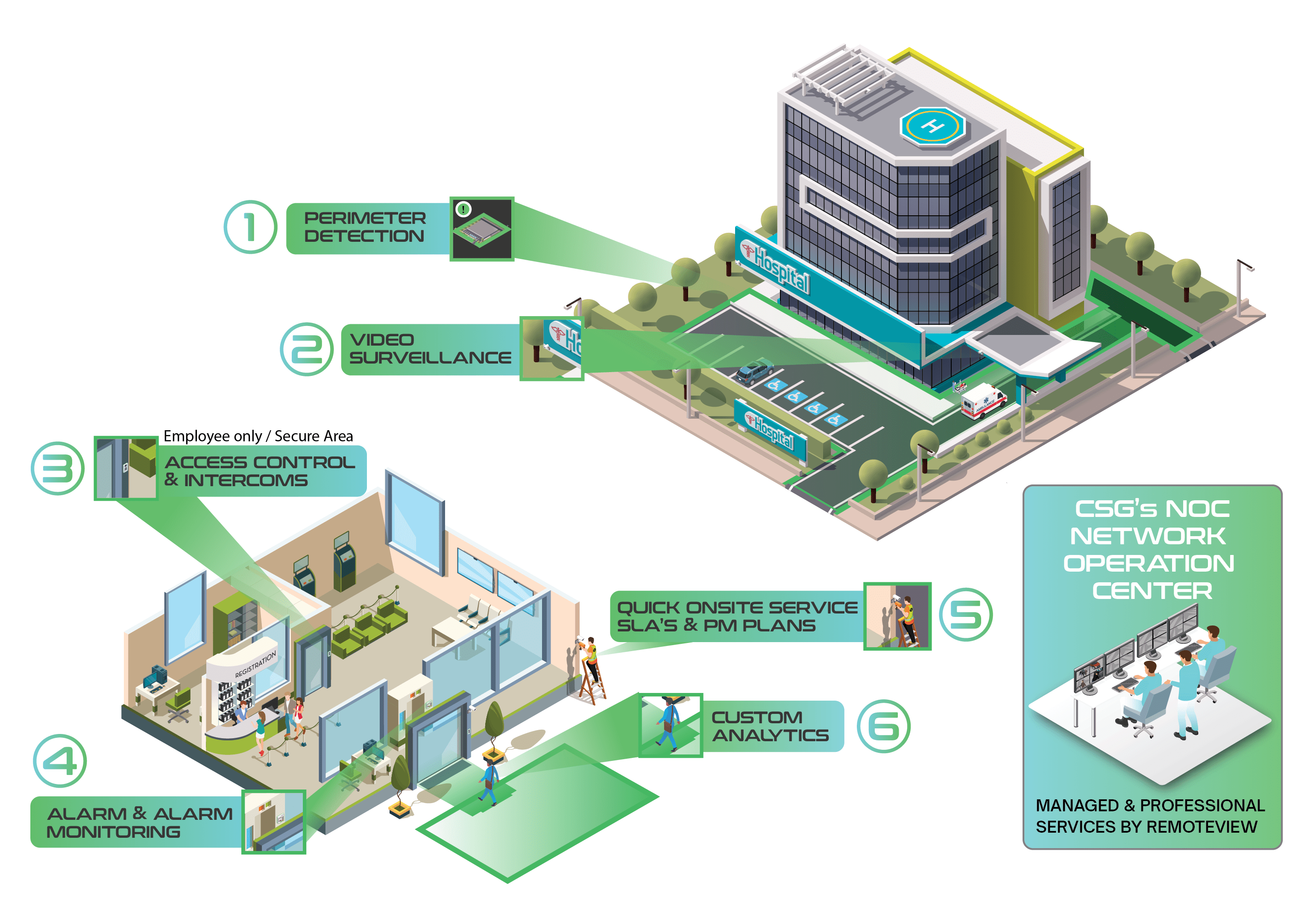Embracing the Future: The Deprecation of Analog PhoneService and the Rise of IP Alarm Communicators
Introduction:
In the ever-evolving landscape of telecommunications, the gradual phase-out of analog phone service has become an unavoidable reality.With the emergence of digital technologies and the increasing demand for faster, more reliable communication channels, traditional analog phone lines are being retired in favor of more advanced alternatives. One significant area affected by this transition is the realm of alarm communication, where IP(Internet Protocol) alarm communicators are stepping in to fill the void left by analog systems.
This white paper aims to explore the reasons behind the deprecation of analog phone service, the advantages of IP alarm communicators over their analog counterparts, and the implications of this shift for businesses and consumers.
Given these factors, the deprecation of analog phone service is not only a logical progression but also a necessary step towards a more connected and efficient communication infrastructure.

The Rise of IP Alarm Communicators:
Amidst the phasing out of analog phone service, IP alarm communicators have emerged as a viable solution for ensuring seamless alarm monitoring and communication. These devices leverage internet connectivity to transmit alarm signals, offering numerous benefits over traditional analog systems:
- Reliability: IP alarm communicators utilize robust internet connections, providing greater reliability and uptime compared to analog phone lines, which are susceptible to outages and line cuts.
- Faster Communication: With IP technology, alarm signals can be transmitted instantaneously, enabling quicker response times in emergency situations.
- Remote Monitoring: IP alarm communicators support remote monitoring and management, allowing users to access and control their alarm systems from anywhere with internet access.
- Integration Capabilities: Unlike analog systems, IP alarm communicators can easily integrate with other smart home or business automation technologies, enhancing overall security and convenience.
- Cost-Effectiveness: Over time, IP alarm communicators offer cost savings compared to analog phone lines, as they eliminate the need for dedicated phone service and associated maintenance fees.
FCC deregulation of POTS lines:
In Aug 2, 2019 the FCC released order 19-72A1 that allowed phone companies stop offering POTS lines and to change service to VOIP without informing their customers.
Aug 2, 2022 was when the phone companies were no longer required to maintain POTS lines. And alarm systems require analog POTS lines and will not work reliably on digital VoIP lines.
FCC page containing FCC order 19-72A1 that allow telco providers to drop POTS lines: https://www.fcc.gov/document/fcc-grants-relief-outdated-burdensome-phone-industry-regulations
Conclusion:
The deprecation of analog phone service represents a paradigm shift in the telecommunications industry, driven by technological advancements and evolving consumer needs. In this changing landscape, IP alarm communicators offer a modern, reliable, and cost-effective alternative for alarm monitoring and communication. By embracing this transition and adopting IP-based solutions, businesses and consumers can ensure enhanced security, operational efficiency, and future-proofing in an increasingly digital world.
























